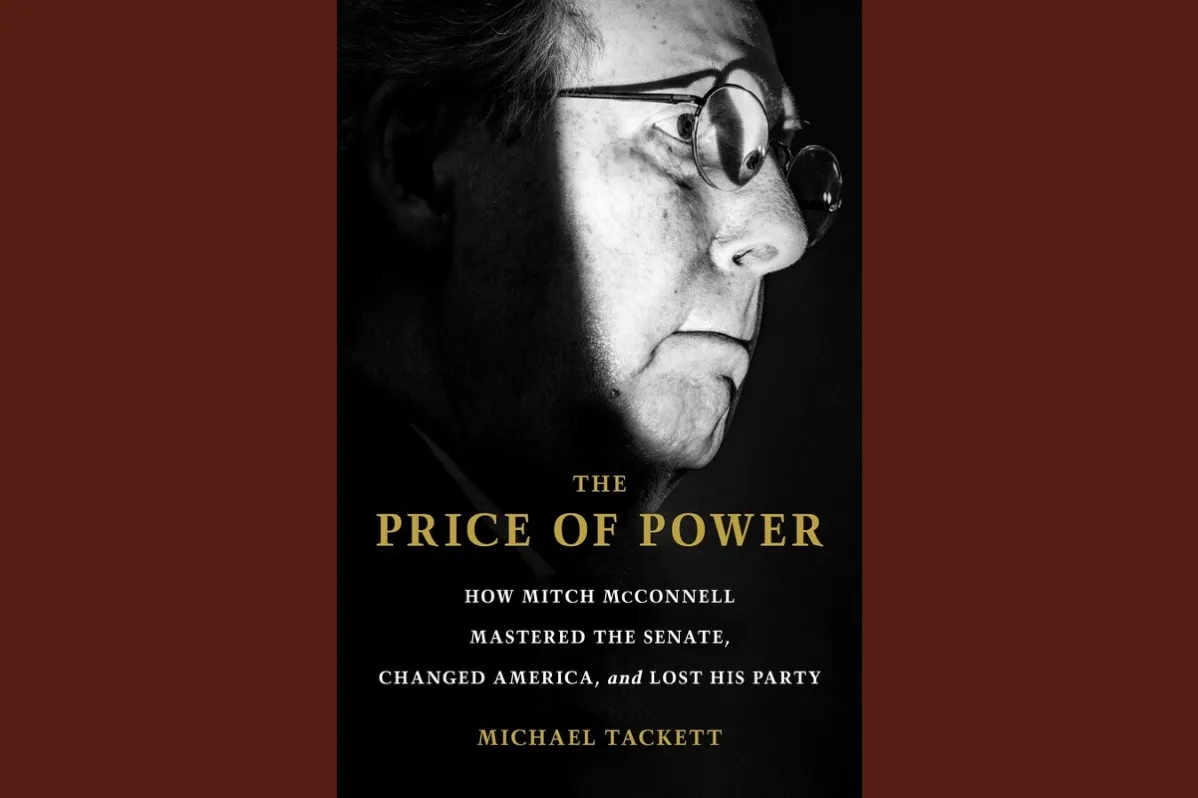I recently discussed the need for paid family leave, its benefits for children and parents, and the overall popularity of the policy. I also argued that Louisville and Kentucky have an opportunity to be on the front end on the policy debate. Seeing its successful implementation in other areas, there is little to fear from adopting the policy here at home.
But what about business concerns? It is the near constant refrain of business owners that any sort of regulation or employee benefit will drive them to ruin. In states with paid leave, employers bear no direct costs, as the programs are financed through payroll taxes. Still employers may have to pay more for overtime or temporary workers to make up for the lost labor. Wouldn’t that drive companies out of business? As it turns out, this has not remotely been the case.
Results From States Who’ve Done It
As the first state to adopt a paid family leave (PFL) policy, California offers us a great case study. A 2010 report on California’s paid leave law found “most employers report that PFL had either a “positive effect” or “no noticeable effect” on productivity (89 percent), profitability/performance (91 percent), turnover (96 percent), and employee morale (99 percent).” A 2014 report from New Jersey found similar results, with no issues in terms of productivity or turnover. Small businesses were even less likely to report issues, as these businesses might otherwise not be able to compete with larger firms in terms of benefits. And while employers may spend some money to pay for overtime, they can save money in the end by not having to train new workers due to turnover.
And despite warnings of economic collapse, in the time since the enactment of paid leave, California’s job growth has actually outpaced the rest of the country. In fact, when an expansion of California’s law was proposed in 2013, the California Chamber of Commerce didn’t even oppose it. California has not collapsed under the weight of family leave. Neither will city governments in Portland, Atlanta, St. Petersburg, Pittsburgh, or D.C. And once these policies are in place, their benefits end all serious attempts to remove them.
Evidence From Businesses
Recently, businesses have even been at the forefront of family leave policies.
- Netflix has offered unlimited family leave for the first year after a child’s birth. Facebook offers 4 months, plus $4,000 in “baby cash.”
- Apple offers mothers 4 weeks before a birth and 14 weeks after, while offering fathers and non-birth parents 6 weeks.
- Yahoo offers 16 weeks for mothers and 8 weeks for fathers and adoptive or foster parents, plus $500 for expenses and up to $5,000 to help with adoption costs.
- Twitter offers employees 20 weeks maternity and 10 weeks for fathers or adoptive parents.
- Instagram and Reddit offer 17 weeks each.
- Microsoft offers 12 weeks all around, plus 8 more for birth mothers.
- Adobe offers 16 weeks plus 10 more for birth mothers.
- Google offers 18 weeks plus $500 towards baby supplies. When this policy was enacted, Google found that the rate at which new mothers left the company fell by 50%.
Non-tech companies are also getting in the mix. Morgan Stanley and Goldman Sachs offer 16 week each. Even Major League Baseball offers paternity leave.
It can be argued that tech companies can implement these policies more easily, as they have disproportionately high levels of male workers. But many offer benefits to fathers as well. It is also true that these companies are not simply being nice. Offering these benefits gives them an advantage in attracting the best workers possible, further enriching the company. But it goes to show that these policies are far from the job killers they are often argued to be.
Governments Getting in the Mix
On this issue, governments are actually playing catch-up to businesses, trying to offer similar benefits in order to attract the best, most qualified workers. I’ve mentioned already the programs in California, New Jersey, and Rhode Island, as well as a growing number of cities. But the federal government is also joining the fray. This year, the President has granted six weeks paid family leave for federal workers and seven days for federal contractors. The US Navy now offers 18 weeks of maternity leave.
Governments should continue to expand paid leave because (as businesses have figured out) areas with these benefits become more competitive, not less. Adopting guaranteed paid family leave will make our city and state more attractive to workers, allowing us to bring in and retain higher skilled, better educated employees for our businesses and governments. What college graduate wouldn’t chose to work in a state or city where family leave is guaranteed? We can gain a competitive advantage for business and government in attracting the best workers and do the right thing for employees all in one fell swoop.
Paid Family Leave – The Clear Choice
Paid family leave is good for workers and businesses alike:
- Businesses and governments become more competitive in hiring the best workers.
- Job growth and wages increase.
- Budgets have not been harmed.
- Women (especially low income and minority women) see their career outlooks improve immensely.
- Household responsibilities are more fairly distributed.
- Governments can spend less on public assistance.
- Children may have better long term financial prospects.
- And as mentioned in my last article, the overwhelming support for paid family leave policies should remove any fear that elected officials have in promoting this idea.
Enacting these policies is the right thing to do. It is also the smart thing to do, the economic thing to do, and the competitive thing to do. Louisville and Kentucky should take these steps to benefit workers, businesses, children, and families.
— 30 —
Comments







